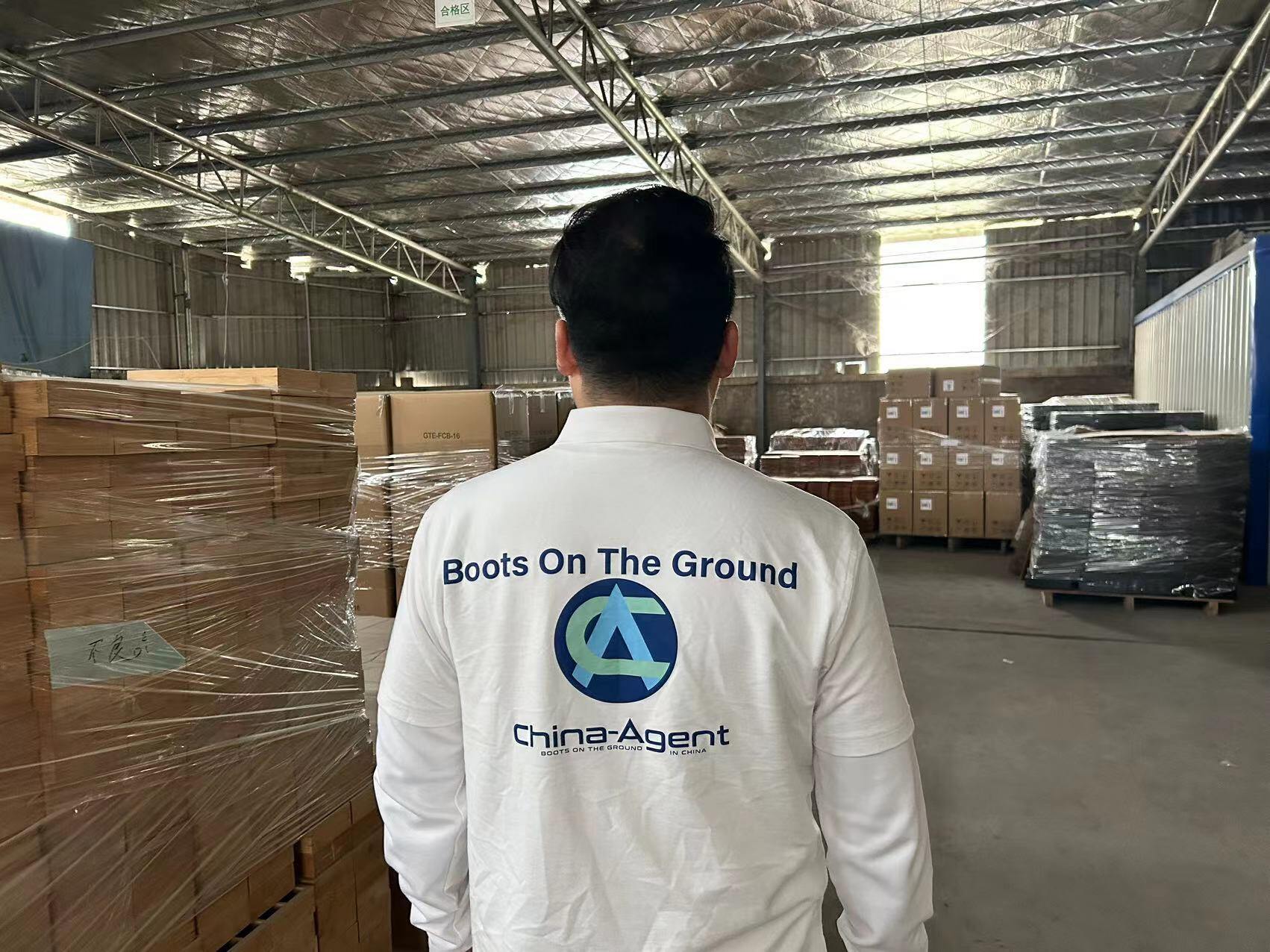The Greatest Shift in Supply Chains: Why Businesses Can't Ignore It
In today's interconnected global economy, supply chain resilience is more critical than ever. China, a pivotal player in global manufacturing, is facing significant challenges that could disrupt supply chains worldwide. Here's why this matters and what businesses can do to mitigate the risks.
Key Challenges Facing China's Economy
1. Weak Consumer Demand: China's ongoing real estate crisis has led to a decline in property values, causing consumers to save more and spend less. This reduction in consumer spending negatively impacts various sectors of the economy (China Briefing) (China Briefing).
2. Real Estate Sector Crisis: Many large developers in China are financially struggling, with some defaulting on their debts. This slowdown in residential investment has broad implications for the economy, affecting industries related to construction and real estate development (China Briefing).
3. Local Government Debt: High levels of debt among local governments could lead to a broader debt crisis. This situation may impact infrastructure projects and local economic development, further straining the economy (China Briefing).
4. Declining Foreign Investment: Foreign direct investment in China has significantly decreased, falling to less than 10% of what it was in 2021 by January 2024. This decline is driven by geopolitical tensions and economic uncertainty, discouraging international investors (China Briefing).
5. Population Decline: A declining population weakens the labor supply, posing challenges for traditional manufacturing sectors. The government's focus on "high-quality development" and technological self-reliance could mean fewer resources for these sectors (China Briefing).
Implications for Businesses Relying on Chinese Suppliers
1. Supply Chain Disruptions: Economic slowdowns and potential bankruptcies in the manufacturing sector could disrupt supply chains, causing delays and uncertainties for businesses dependent on Chinese suppliers (China Briefing).
2. Price Fluctuations: While weak domestic demand might lower prices for some goods, the increased focus on high-tech industries could drive up costs for certain components, affecting overall pricing strategies (China Briefing).
3. Quality Concerns: Manufacturers facing economic pressures might cut costs, potentially compromising product quality. This risk necessitates vigilant quality control measures (China Briefing).
4. Reduced Innovation: The shift towards state-led development might slow innovation in some industries, impacting businesses that rely on cutting-edge technologies and advancements (China Briefing).
5. Currency Risks: Economic challenges could cause fluctuations in the value of the Chinese yuan, affecting pricing and profit margins for international businesses (China Briefing).
6. Regulatory Changes: New regulations or policies might emerge as China addresses its economic challenges, impacting international trade and business operations. Staying informed about these changes is crucial for compliance and strategic planning (China Briefing).
Strategies for Mitigating Risks
1. Diversify Supply Chains: Businesses should consider diversifying their supply chains to reduce dependency on a single country. Exploring alternative manufacturing hubs in Southeast Asia or other regions can help mitigate risks.
2. Monitor Economic Developments: Keeping a close watch on economic developments in China is essential. Businesses should maintain open communication with their suppliers to stay informed about potential challenges and develop contingency plans.
3. Strengthen Quality Control: Implementing rigorous quality control measures can help ensure product standards are maintained, even as suppliers face economic pressures.
4. Currency Hedging: To manage currency risks, businesses can employ hedging strategies to protect against fluctuations in the value of the Chinese yuan.
5. Regulatory Compliance: Staying abreast of regulatory changes and ensuring compliance can help businesses avoid disruptions and penalties. Working with local experts can provide valuable insights and support.
How China Agent Ltd Can Help
At China Agent Ltd, we provide comprehensive support to help businesses navigate these challenges:
- Monitoring: We offer ongoing monitoring of economic and regulatory developments in China to keep you informed.
- Contracting: We assist in drafting and negotiating strong contracts to protect your interests.
- Supply Chain Mapping: Our team helps you map your supply chain, identify risks, and develop contingency plans.
- Negotiations: We leverage our local expertise to negotiate better terms with suppliers.
Conclusion
The current economic challenges in China highlight the importance of resilient and diversified supply chains. By understanding these dynamics and implementing strategic measures, businesses can mitigate risks and maintain operational efficiency. China Agent Ltd is here to provide the support and insights needed to navigate these complexities and ensure your business remains competitive.




